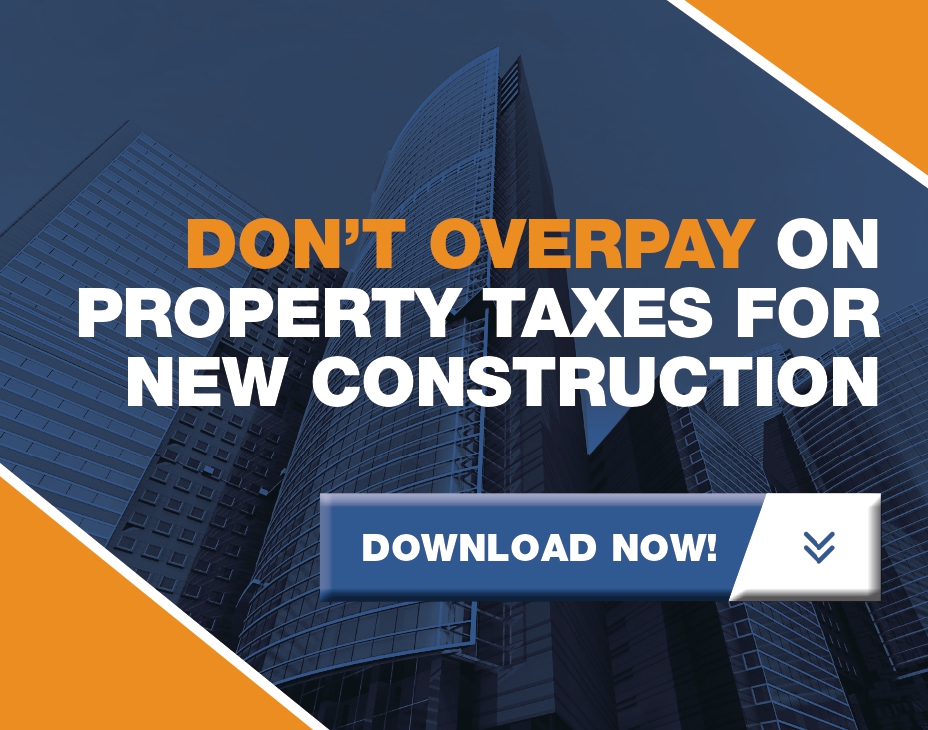A Deep Dive into the Golden State's Property Tax Landscape
California, the land of golden opportunities, sunshine, and, yes, property taxes, has a unique system in place to fund its public services. From counties and cities to schools and special districts, property taxes act as the lifeblood of local government operations. It all began in 1978 with the historic Proposition 13, which amended the state constitution, capping property taxes during a time of budget surpluses. Ever since, California's property tax landscape has been an intricate dance of numbers and regulations.
So, how does this affect the average Californian homeowner?
Under the watchful eye of Proposition 13, properties are reassessed to current market value only when there's a change in ownership or new construction (referred to as the base year value). Furthermore, annual increases in the base year value of real property are typically limited to no more than 2%, barring any ownership or construction changes. This subtle yet powerful shift turned California's property tax system from a market value-based approach to an acquisition value-based one.
But what does this really mean for homeowners?
Let's paint a picture: longtime property owners, whose assessed values generally cannot increase by more than 2% annually, typically enjoy significantly lower taxes than recent buyers, whose assessed values often mirror current market values. It's like comparing a vintage Mustang to a brand-new Tesla – both have their unique qualities, but they don't have the same price tag.
The task of assessing and collecting property taxes falls on individual counties, while the state Board of Equalization (BOE) oversees county assessment practices. County assessors, elected by the people, have the important job of determining the taxable value for each property in their county every year. It's like having your own personal property tax detective, working tirelessly to ensure you're paying the correct amount in support of local government.
But wait, there's more!
The term "property" encompasses more than just the land itself. Taxable real property includes structures, fixtures, and improvements attached to the land; fruit, nut-bearing, or ornamental trees and vines; and even minerals, mines, quarries, and timber. High-value personal property and business personal property are also taxable. California business owners must keep detailed records of their supplies, equipment, and fixtures, and can't forget about leased equipment. And in today's tech-driven world, even computers and operating systems are considered taxable items, though most application software gets a pass.
Our team at Paramount Property Tax Appeal goes the extra mile to help clients accurately estimate their property taxes and, when necessary, make an appeal to reduce them to a more reasonable rate. Just like a trusty Swiss Army knife, we have the tools and expertise needed to navigate the complex world of California property taxes, ensuring our clients don't pay a cent more than they should.
Now, isn't that something to write home about?
.png)

.png?width=170&height=64&name=Logo%20320x120(2).png)
